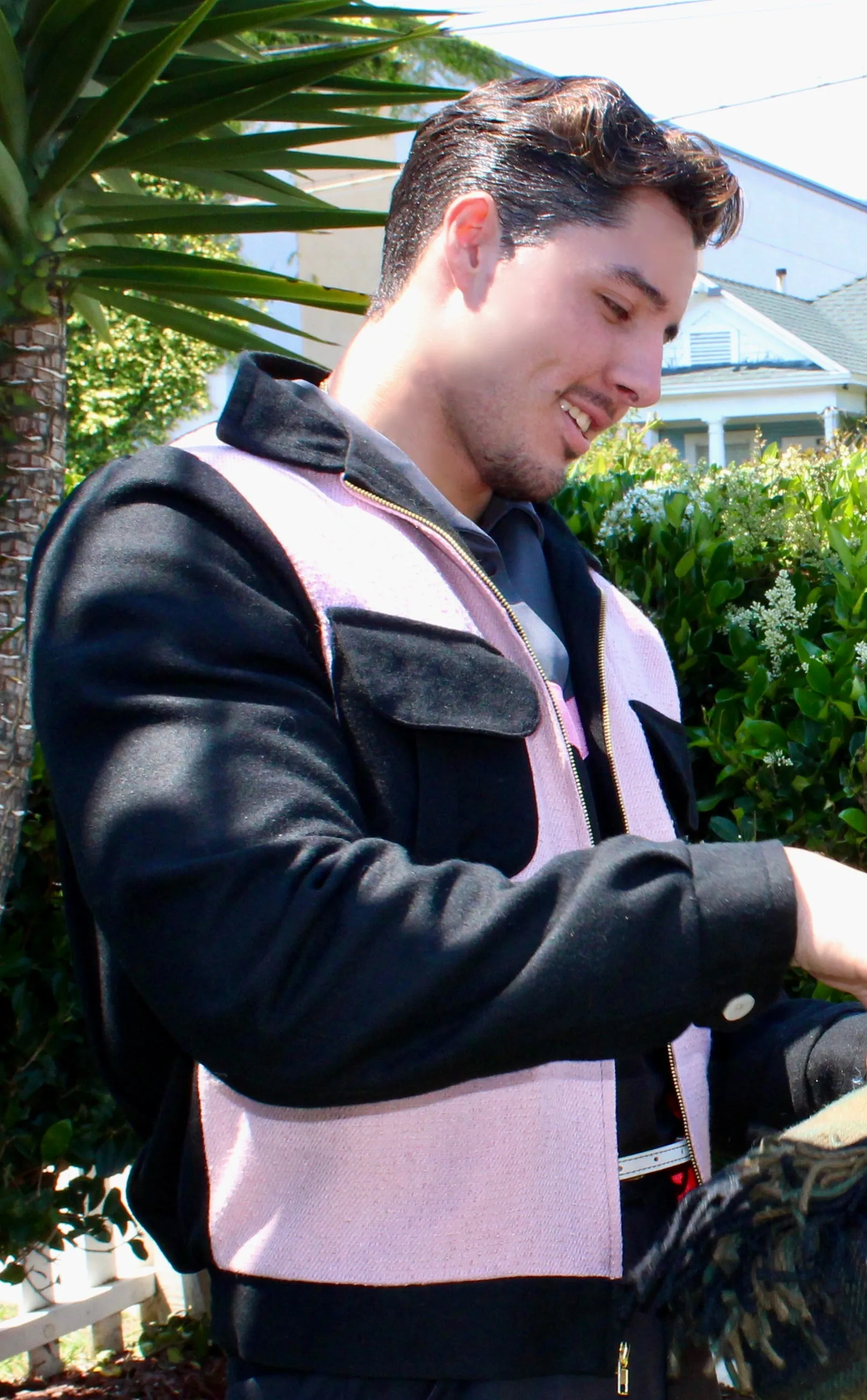Tarantula Shop Top 5 Facts
Venturing into the world of tarantula ownership starts with a crucial step finding the right tarantula shop. This guide will equip you with essential insights to navigate the tarantula shop landscape, ensuring a healthy and happy beginning to your spider-keeping journey. The tarantula shop is more than just a place to buy a pet; it’s a resource for knowledge, supplies, and ongoing support. From selecting the right species to understanding their specific needs, the shop plays a pivotal role in your success as a tarantula owner. This guide’s top facts will help you make informed decisions.
What to Look for in a Tarantula Shop
Selecting a tarantula shop requires careful consideration. A reputable shop should prioritize the health and well-being of the tarantulas, offering a clean and well-maintained environment. Check for clear labeling of species, including their scientific names, origins, and temperament. Knowledgeable staff is another key indicator. The staff should be able to answer your questions thoroughly and offer advice on care, feeding, and housing. The best shops provide a warranty for their tarantulas and are willing to assist if any health issues arise. They should also have a good reputation, with positive reviews from other customers.
Healthy Tarantulas

The health of a tarantula is paramount. When visiting a tarantula shop, observe the spiders closely. Look for alert, active tarantulas with plump abdomens. Avoid any spiders that appear sluggish, emaciated, or have a sunken abdomen. Examine their legs and body for any signs of injury or parasites. Healthy tarantulas should have a clean enclosure, be free from mites, and exhibit normal behaviors like web-spinning or exploring their habitat. Ask the shop about their quarantine procedures, ensuring that new arrivals are isolated to prevent the spread of diseases. Only purchase from a shop that prioritizes animal welfare.
Tarantula Species Availability
Different tarantula shops offer a variety of species, from beginner-friendly options to more exotic and challenging ones. Research the species you are interested in before visiting a shop, understanding their specific needs. The shop should be able to provide information about the species’ temperament, size, lifespan, and care requirements. Be wary of shops that sell species without providing adequate information. Shops specializing in certain species can offer more expertise in their care. Also inquire about the origin of the tarantulas. Some shops may have captive-bred spiders, which are often healthier and better adapted to captivity than wild-caught ones. Consider the availability of the species’ preferred food and substrate. Some species may be harder to care for, so consider your time and dedication to the care before purchasing the tarantula.
Proper Housing and Equipment
The tarantula shop should offer a range of housing options and equipment to cater to different species. The enclosure should be appropriately sized for the tarantula’s size and potential growth. It should have proper ventilation, a secure lid, and appropriate substrate. Ask the shop about the best enclosure type for your chosen species. You’ll need essential equipment, including water dishes, heat sources, and hygrometers to monitor humidity. The shop staff should be able to guide you in selecting the correct equipment and provide instructions for setting up the enclosure. They should also be able to advise on the need for additional items like hides, decor, and climbing branches, which enrich the tarantula’s environment.
Substrate and Decor

The right substrate and decor contribute significantly to the tarantula’s well-being. The tarantula shop should offer several substrate options, such as coconut fiber, peat moss, or vermiculite. The choice of substrate depends on the species’ needs. For example, burrowing species require a deeper substrate to facilitate digging. The shop should also provide various decor options, including artificial plants, hides, and cork bark. These elements help the tarantula feel secure and provide opportunities for hiding and exploration. Ensure the decor is safe, non-toxic, and appropriately sized for your tarantula. The shop should also offer recommendations for maintaining the substrate’s humidity and keeping the enclosure clean.
Tarantula Shop Care Sheet
A reputable tarantula shop will provide comprehensive care sheets for the tarantulas they sell. These sheets should contain detailed information on the species’ specific requirements, including housing, feeding, humidity, temperature, and handling. Care sheets serve as a valuable reference, especially for new owners. The shop should be willing to answer any questions you have about the care sheet. They can also provide advice specific to your chosen species. The care sheet may also include information about the tarantula’s natural habitat, life cycle, and potential health issues. Ensure the shop offers ongoing support and is easily accessible if you need further advice. It is an essential tool for ensuring your pet’s well-being.
Feeding Your Tarantula
Feeding tarantulas is a straightforward process, but the right approach is vital. The tarantula shop should provide information on the appropriate food items for your chosen species, usually insects such as crickets, mealworms, or roaches. They can also advise on the size and quantity of food based on the tarantula’s size and age. A key is not to overfeed. Overfeeding can lead to health problems, and uneaten food should be removed promptly to prevent mold and mites. The shop can also provide tips on providing fresh water and supplementing the tarantula’s diet with vitamins or minerals, if required. Be sure to understand the feeding schedule for the species. Some species need to be fed more often. Feeding is a simple but essential part of tarantula care.
Frequency and Prey

Feeding frequency and prey selection are crucial aspects of tarantula care that the tarantula shop should address. The shop will advise you on the best feeding schedule for your tarantula species. Young tarantulas typically need to be fed more often than adults. The staff can guide you on the appropriate size of prey. Ensure the prey is smaller than the tarantula’s body to prevent injury to the spider. The shop can also provide information on the nutritional value of different prey options and how to maintain a healthy prey colony if needed. It is important to understand the potential risks of wild-caught insects, which may carry parasites or pesticides. The shop should also be able to give advice on how to deal with refusing food. Proper feeding and prey selection are essential.
Handling and Safety
Handling tarantulas is not always necessary and can be stressful for the spider. The tarantula shop should emphasize the importance of caution and provide information on the safe handling of tarantulas. Some species are more docile and can be handled with care, while others are more defensive. The shop should offer advice on how to approach a tarantula, what to avoid, and how to recognize signs of stress. They can also provide safety tips, such as handling tarantulas over a soft surface to prevent injury if they fall. Be careful when handling a tarantula, as they can bite if they feel threatened. Always wash your hands before and after handling a tarantula. Many experienced owners handle their tarantulas, but it is not necessary.
Tarantula Shop Reputation and Reviews
Before purchasing a tarantula from any shop, research its reputation and read customer reviews. Online reviews can provide valuable insights into the shop’s customer service, the quality of their animals, and their overall practices. Look for reviews that mention the shop’s knowledge, the health of the tarantulas, and their willingness to help. Negative reviews can alert you to potential problems or red flags. Social media and forums are also good sources of information. Check if the shop has any complaints filed against it with consumer protection agencies. A reputable shop with a good reputation is more likely to provide you with healthy tarantulas and excellent customer support. Make sure to perform your research.
Customer Service and Support

Excellent customer service and ongoing support are essential aspects of a good tarantula shop. The shop staff should be knowledgeable, friendly, and willing to answer all your questions. They should offer guidance on tarantula care, even after you’ve made your purchase. Look for a shop that provides easy access to its staff, either through phone, email, or in-person visits. They should be responsive to your inquiries and be able to provide assistance if any problems arise with your tarantula. Some shops offer after-sales care, like check-ups or consultations. A shop with a strong customer service ethic is more likely to ensure your satisfaction and your tarantula’s well-being. Be sure to evaluate the quality of customer service.
Legality and Ethics
Ensure the tarantula shop complies with all local and national laws regarding the sale and ownership of exotic animals. Some tarantula species may be subject to restrictions or permits, depending on your location. The shop should be transparent about any legal requirements. Prioritize shops that source their tarantulas ethically. Captive-bred tarantulas are generally preferred, as they reduce the impact on wild populations. Ask about the shop’s breeding practices and their commitment to animal welfare. Avoid shops that support the illegal trade of tarantulas. Responsible tarantula ownership starts with making ethical choices.
Importation and Breeding
If the tarantula shop imports tarantulas, inquire about their import procedures. The shop should adhere to all relevant regulations and quarantine procedures. Avoid shops that import tarantulas from questionable sources. If you are interested in breeding tarantulas, find a shop that can provide advice and support. The shop may offer breeding pairs, supplies, and information on the breeding process. Breeding tarantulas requires specialized knowledge and dedication. The shop should prioritize the health and well-being of the tarantulas during the breeding process. The shop should ensure that the sale and transport of tarantulas comply with all applicable laws and regulations. They can also assist with advice on the care of the spiderlings.
Tarantula Shop Pricing and Value

Pricing of tarantulas can vary widely depending on the species, size, and origin. Do your research to get an idea of fair prices. While price is a factor, focus on the overall value offered. A higher price may reflect better care, a healthier animal, and a greater level of support. Consider the shop’s reputation, customer service, and the quality of the care they provide. A shop that invests in the well-being of its tarantulas is often worth the extra cost. Be wary of shops that offer unusually low prices, as it may indicate poor care or unethical practices. Buying a tarantula is a significant decision, and the value goes beyond the price tag. A healthy, well-cared-for tarantula will bring you joy for many years.
Cost of Tarantulas
The initial cost of a tarantula can vary significantly. Beginner-friendly species tend to be more affordable than rarer or more exotic ones. The size of the tarantula also plays a role. Smaller spiderlings are usually less expensive than larger juveniles or adults. Research the average price of the species you are interested in. Be prepared to invest in essential equipment, such as an enclosure, substrate, water dish, and heating. Factor in the ongoing costs of feeding and maintaining the tarantula’s enclosure. Remember, the initial purchase price is only the beginning, and long-term care is vital for the health of the tarantula. The cost of a tarantula and its initial setup can range from a few dollars to several hundred dollars.
Long-Term Costs
Beyond the initial purchase and setup costs, there are ongoing expenses associated with owning a tarantula. The most significant long-term cost is food, which includes insects or other prey items. Substrate replacement is another recurring expense. The frequency of replacement will depend on the substrate type and the species. You may also need to replace equipment as needed, such as water dishes, hides, or heating elements. Factor in the cost of any health-related issues. If your tarantula becomes ill, you may need to consult a veterinarian who specializes in exotic animals. Understanding these long-term costs is crucial for responsible tarantula ownership. Plan your budget, and be prepared to make the necessary investments to ensure your tarantula’s well-being. The joy of owning a tarantula can be great, but it requires commitment.
